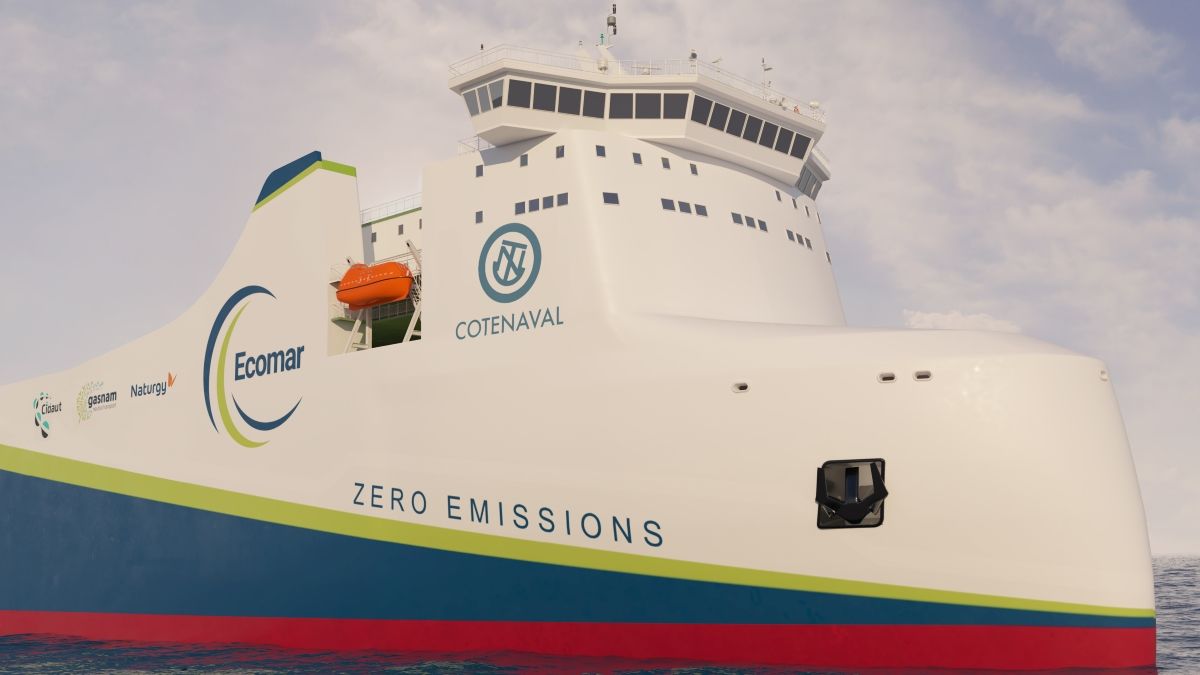Last October saw the launch of the Ecosystem for the Energy Transition of the Maritime Sector (ECOMAR). This innovative initiative aims to promote the decarbonisation of maritime transport through the development and application of new sustainable technologies and fuels, such as biofuels, ammonia, renewable hydrogen, renewable liquefied natural gas (LNG/bio-LNG) and electricity.
ECOMAR has the participation of four leading innovation entities: Cotenaval (coordinator), a company specialising in naval engineering and alternative fuels; Naturgy, a benchmark in the supply of liquefied natural gas and other clean energy solutions; Gasnam-Neutral Transport, a technology platform that promotes sustainable transport; and the CIDAUT Foundation, a research centre with vast experience in the development of technologies related to hydrogen and sustainable fuels. This is a key project that not only aims to reduce greenhouse gas emissions in maritime transport, but also to strengthen Spain’s position as a leader in the energy transition at European level. This initiative has been awarded the maritime field within the aid programme for twelve innovation ecosystems of the Centre for Technological Development and Innovation (CDTI), within the framework of the State Plan for Scientific, Technical and Innovation Research 2021-2023, promoted by the Ministry of Science, Innovation and Universities.
The maritime sector plays an essential role in the Spanish economy, representing 20% of the transport GDP and being responsible for more than 85% of the country’s imports and 60% of its exports. In this context, ECOMAR emerges as a response to the growing environmental challenges, proposing innovative solutions based on renewable energies that will accelerate the transition towards a more sustainable and efficient sector.
The ecosystem is aligned with the European Union (Fit for 55) and International Maritime Organisation (IMO) commitments to reduce emissions, which set the goal of achieving net zero emissions by 2050 and an 80% reduction in greenhouse gas intensity by the same year, respectively. ECOMAR will focus on the creation of technical guidelines and roadmaps that will be transferred to other companies in the sector, facilitating a wider adoption of sustainable technologies in shipping.
